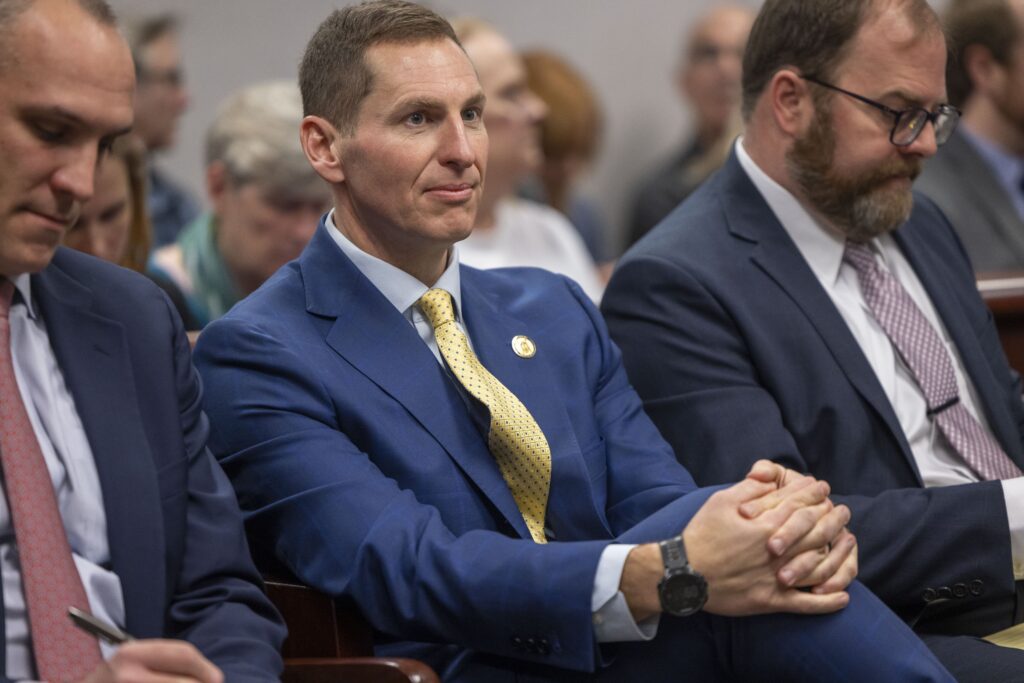North Carolina Supreme Court Pauses Lower Court’s Ruling to Disenfranchise Voters

The North Carolina Supreme Court temporarily paused a lower court’s ruling to disenfranchise tens of thousands of voters in the state’s Supreme Court election, unless they fix their ballots in 15 days.
The ruling comes after North Carolina Supreme Court Justice Allison Riggs and the North Carolina State Board of Elections (NCSBE) both appealed the Friday ruling from a three-judge panel in the North Carolina appeals court.
While the state Supreme Court’s order pauses the appeals court’s 15-day timer for voters to fix their ballots, litigation in the case is ongoing as the state Supreme Court is still considering a Riggs and the NCSBE’s request to halt the order as the appeal continues.
It’s the latest development in the ongoing legal saga over the results of the November state Supreme Court race between Riggs and her GOP challenger, appeals court judge Jefferson Griffin. Jefferson, after losing the election by just 734 votes, filed several lawsuits challenging the NCBSE’s decision to count ballots cast by voters with allegedly incomplete registrations, along with several thousand more ballots by overseas voters who didn’t provide their photo ID with their absentee ballots or by overseas voters who never resided in North Carolina.
In a 2-to-1 ruling Friday, the three-judge panel of the North Carolina Court of Appeals said that the affected voters have 15 days to correct their voter registration, or else their ballots would be tossed out.
In a statement, Riggs called the ruling a “deeply misinformed decision that threatens to disenfranchise more than 65,000 lawful voters and sets a dangerous precedent, allowing disappointed politicians to thwart the will of the people.”
Democratic judge Toby Hampson wrote in a lengthy dissent that his colleagues on the bench issued their ruling “without thought or care for its impact on the people its decision truly impacts: the voters.
“Make no mistake: should the majority’s decision be implemented, the impact will be to disenfranchise North Carolina voters even though they were eligible to vote on election day.”